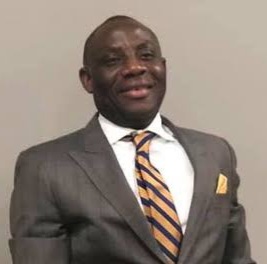The federal government is working with international partners and embassies like China and India to develop traditional medicine for local use and commercialisation, the Minister of State for Health and Social Development, Dr. Tunji Alausa, has said.
He stated this Thursday in Abuja during the commemoration of the African Traditional Medicine (ATM) Day.
He said Nigeria would mobilise evidence-based actions in support of traditional medicine, which serves as initial recourse for millions of people worldwide seeking to address their health and well-being needs.
Alausa said studies have shown that traditional medicine use in Nigeria is as high as 81.6%.
Palliatives: Rice price spikes as FG, states’ suppliers mop up markets
FMoH launches reproductive health, pandemic resilience project in Katsina
He said this was not expected to be on the decline in the near future.
Represented by the Director of Human Resources, Malam Hassan Salau, the minister said, “Traditional Medicine is easily accessible and affordable and it is also culturally acceptable and trusted by a large number of people.”
He said the Traditional, Complementary, and Alternative Medicine Council of Nigeria bill passed by the 9th National Assembly but failed to get presidential assent is being considered by the 10th Assembly.
WHO Regional Director for Africa, Dr Matshidiso Moeti, said African traditional medicine, which is deeply intertwined with indigenous herbalism and rooted in the tapestry of African spirituality and culture, stands as a beacon of accessibility, affordability, and trust for millions across our continent.
Moeti, whose speech was read by Dr Walter Kazadi Mulombo, the WHO Representative in Nigeria, called on member states to scale up efforts and further implement evidence-based Traditional Medicine (TM) approaches to achieve health-related Sustainable Development Goals and promote health and well-being for all at all ages.

 Join Daily Trust WhatsApp Community For Quick Access To News and Happenings Around You.
Join Daily Trust WhatsApp Community For Quick Access To News and Happenings Around You.


